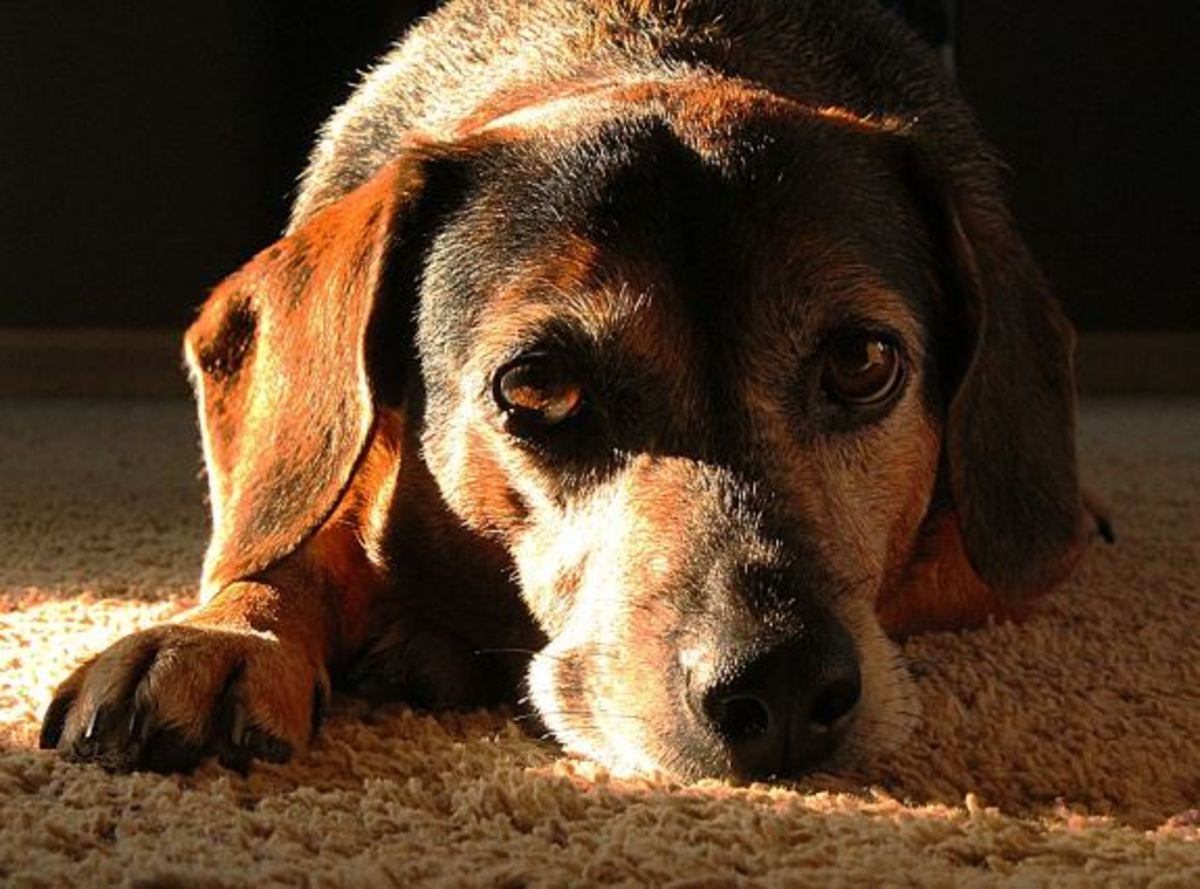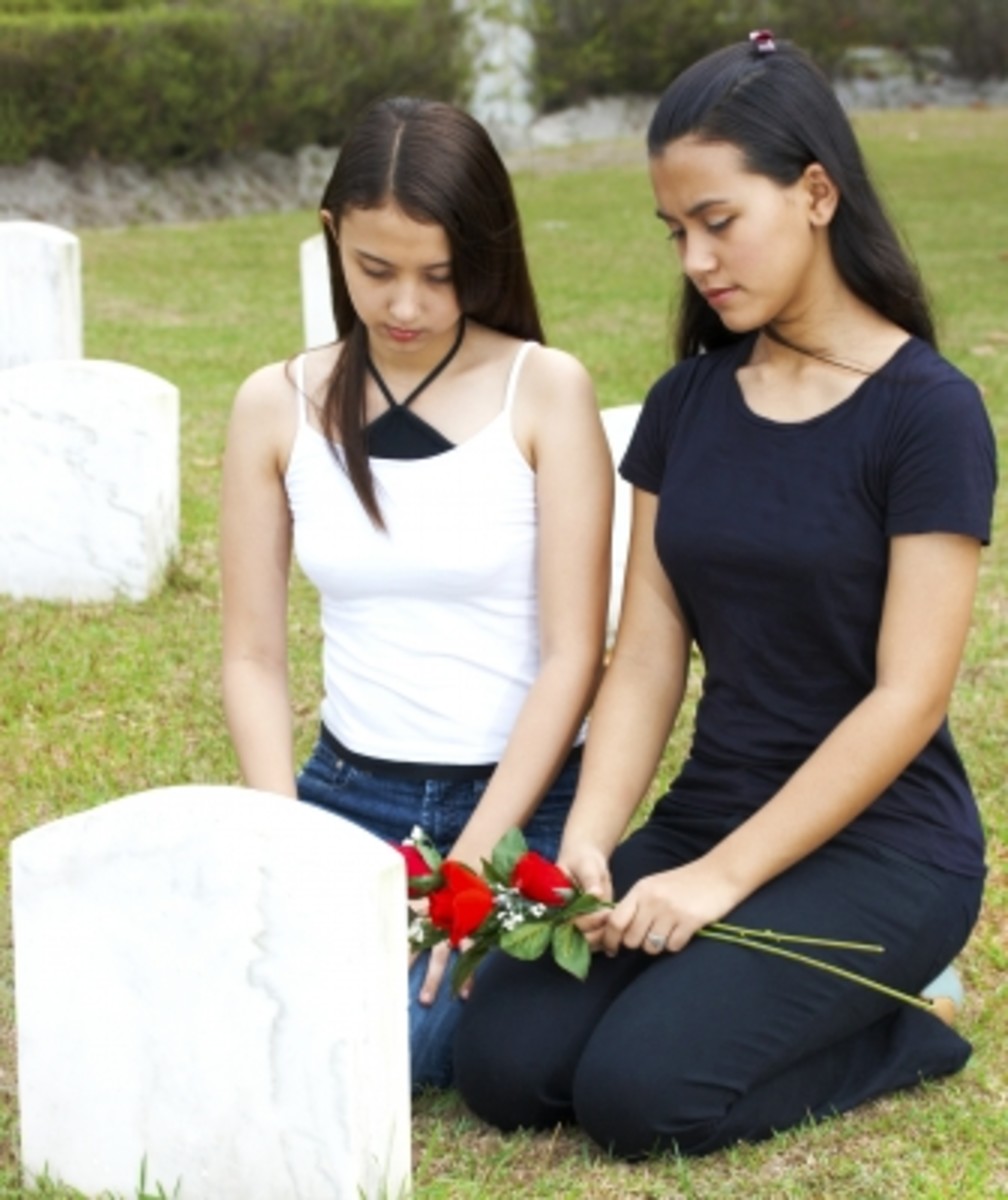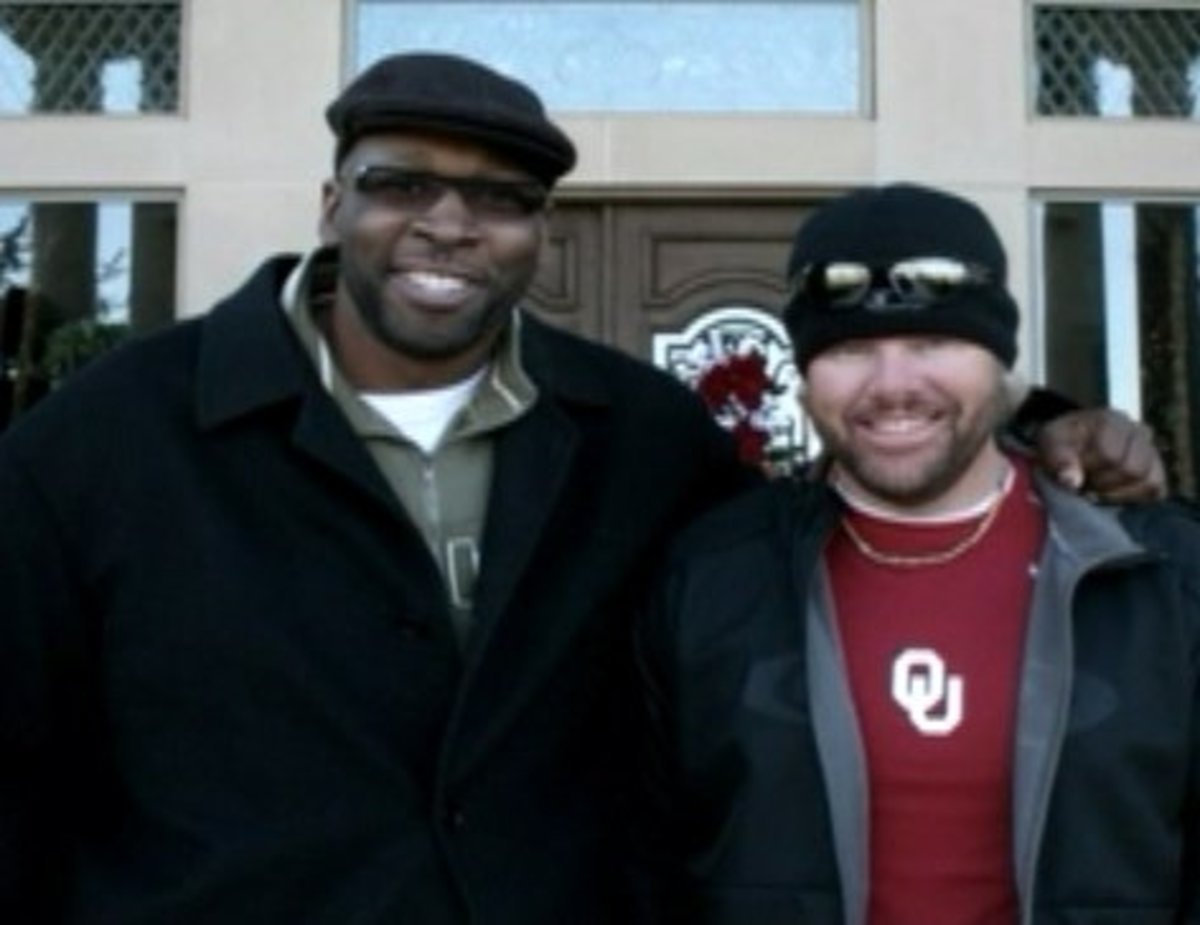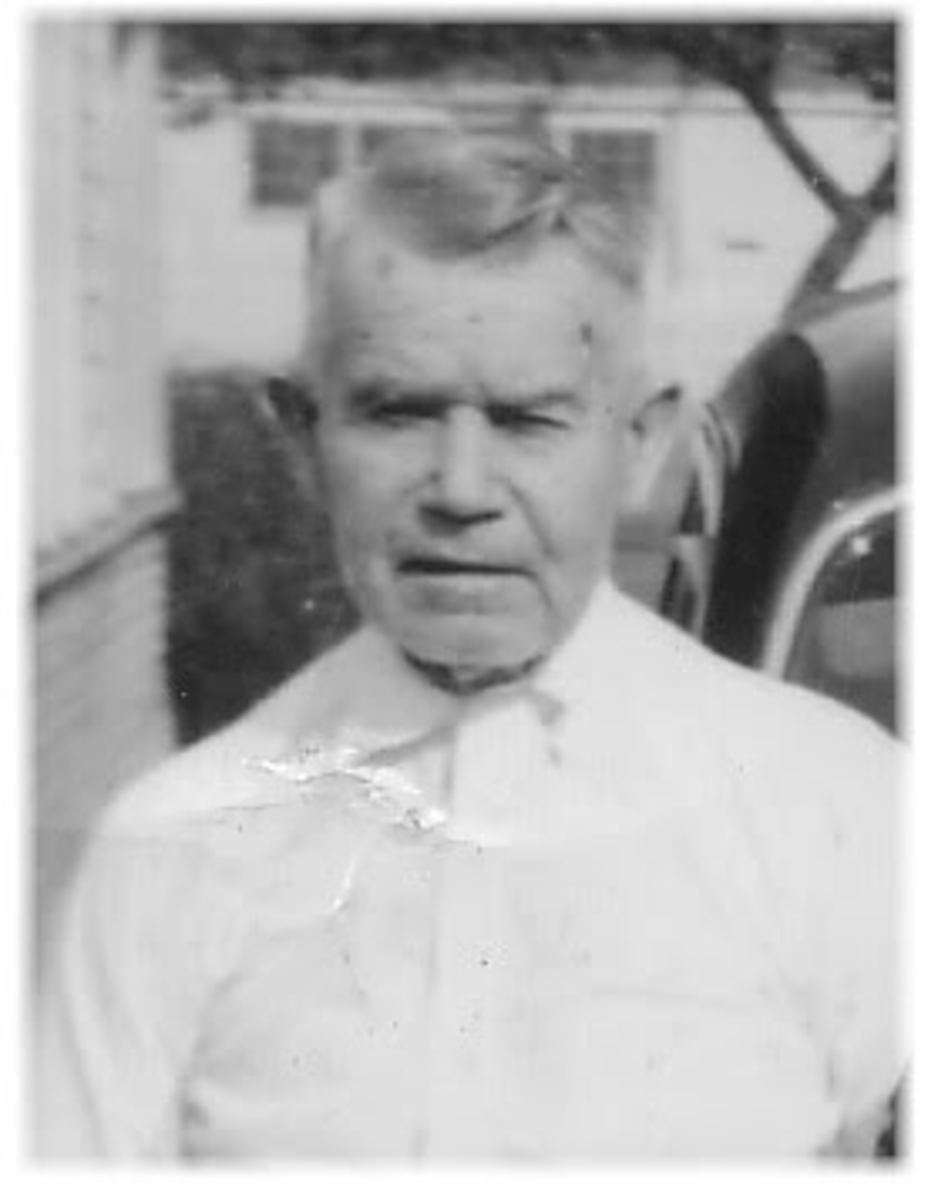Reactions towards Death
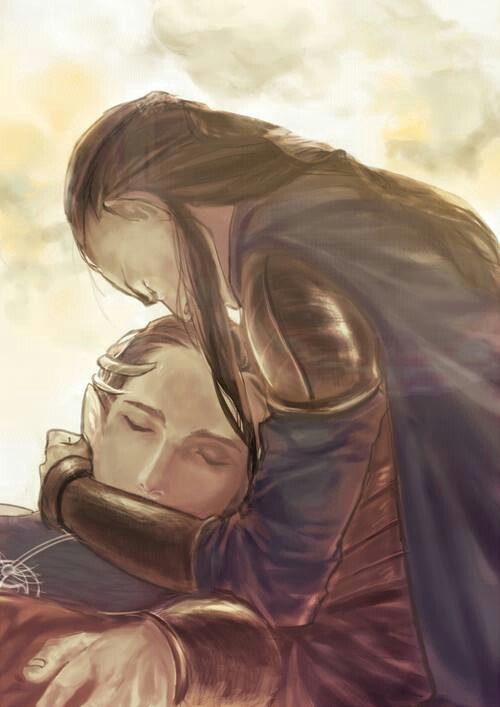
Grieving for a Pet
I am going to share a few of my personal experiences of death in this hub and how they effected or influenced my personal outlook towards death. The most recent I experienced was the death of my beloved red devil cichlid "Mr. Fish" who had lived to the ripe old age of 15yrs. I felt so guilty for his death because he died shortly after we had moved; the stress of the move was too much for him. I knew he didn't deal with change well as the last move we did he didn't eat for a week after the move. I even wrote hubs on my interactions with my beloved "Mr. Fish". I had become very attached to him indeed so when he didn't recover from the stress of the last move I was heartbroken. I was shocked on how hard I took his death; I broke down sobbing and crying over the loss of this dear companion. Most people thought I was bonkers getting that upset over the death of a fish. If he had of been a dog or a cat- society in general would have been more compassionate towards my loss and would have been more understanding of my grief. But as it was a fish and not a cute furry pet; I was dealing with my grief of my loss alone. To help myself with the grieving process I painted a stone (which happened to be in the shape of a small tombstone) personalizing it with his name etc. I then buried him in my backyard. It was a private funeral the only ones attending- "Mr.Fish" and myself. I myself have thought people who treat their pets like humans were a bit on the mad side; but here I was reacting in this way to the death of my dear water-dog - "Mr. Fish".
Death Hovers
My second view on death comes from me dealing with having Epilepsy- I take grandmal or tonic-clonic seizures. I have lived on my own for many years through-out my life; most of my seizures I have had alone. Even though I get some bumps and bruises along the way, the one thing I am truly thankful for is that I have survived yet another seizure. I move forward still alive to continue to drive my loved ones crazy!
One of the most common questions I have been asked is "Aren't you afraid that you can die from a seizure?" To be honest - with my disability death is always looming in the dark recesses of my mind. I have decided to make the best of my life and spend my time living it instead of worrying about the "what if's".
I have attached a link to a poem I wrote to give you a sense of what the seizure experience is from my point of view. But in the mean time I don't spend my time thinking of death- we cannot predict how or when we will die excluding suicide. I could end up dying by getting stepped on by an angry elephant for all I know!
Death is Part of Life!
Death is a part of all of our lives - we are born to die; what we do in between being born and death is different for each and every one of us. We all have our own individual takes on death some of us embracing it- seeing it as a portal to a new life beyond the one we have here on earth. Others fear it for many different reasons. Many in North American society prefer not to confront it or discuss it openly. It is almost shunned by many as a topic not up for discussion.
I believe part of the reason we tend to hold death or the grieving process at arms length is because for many of us as immigrants we did not deal with our family or loved ones deaths in a hands-on fashion. Instead, we had to grieve from a great distance. As immigrants we were separated from our families and loved ones. The separation also greatly affected the way we expressed ourselves after the death of a loved one. I believe this long distance process of grieving is being continued on here through the next generations. Many used to have the body of the loved one in the family home where it would be displayed for all to come and pay their respects. In my culture (Scottish) this was a common practice which would be accompanied by a wake.
A wake was a celebration or party held to celebrate the life of the deceased. My immediate family came here (Canada) alone. So, when loved ones died in our family we could not attend their funerals and wakes, as we could not afford the travel expense. Due to our isolation we were forced to find a new way of expressing our grief. It consisted basically of - tears with a few words spoken in memory of our loved one or stories that involved them. Another common ritual would be to look through the family photo albums.
Grieving Long Distance
I think because Canada is a multi-cultural country it uses funeral-homes as the main place for people to gather to grieve the loss of a loved one. Funeral-homes are operated in a less personal way and standard way compared to the traditional rituals of the immigrants homelands. I guess much of the traditions surrounding death or the grieving process have for many immigrants gotten lost in translation and transition! When they immigrated to the land of the free. a price they paid for starting a new life in a new country was the loss of the close experience of closely sharing their grieving of losing a loved one. Unable to share in person the grieving process with family and loved ones that are still living in the homeland. This is one of the sacrifices immigrants are willing to make when coming to this great country - Canada!
http://pamela-anne.hubpages.com/_30hjuw4m9wa0p/hub/Space-of-Grim



